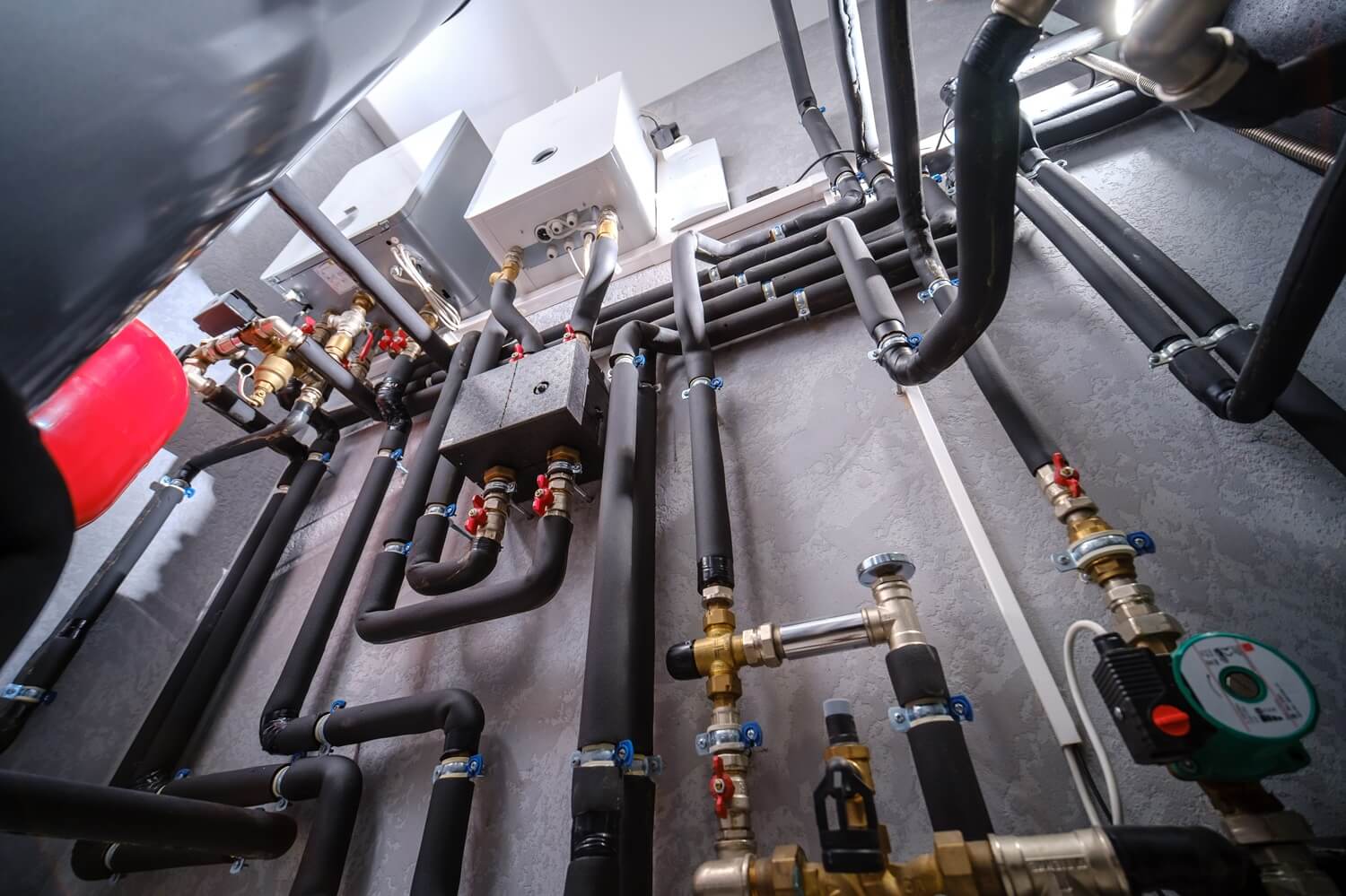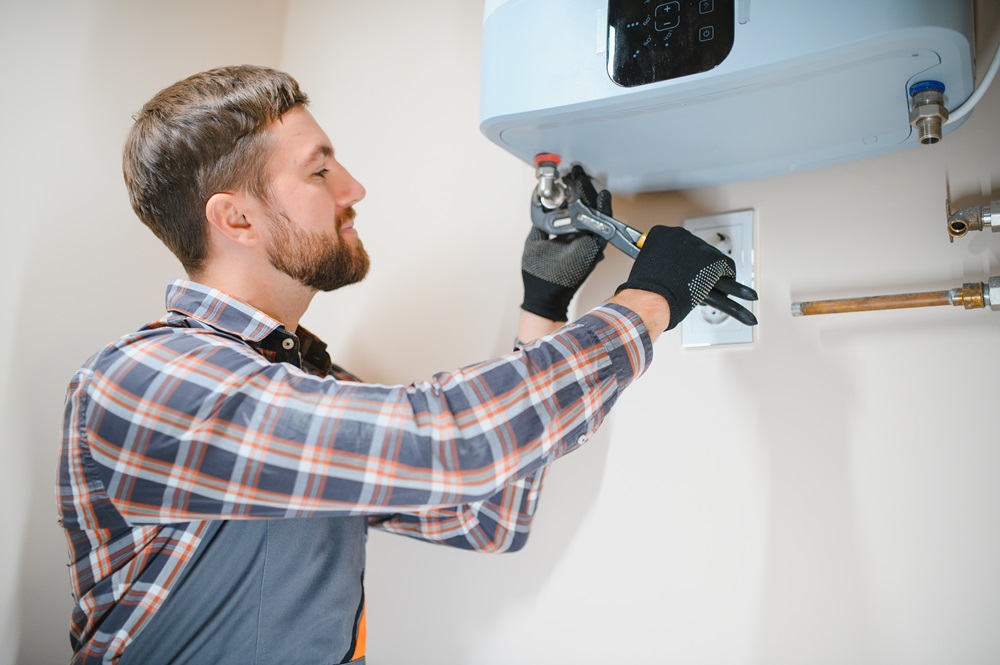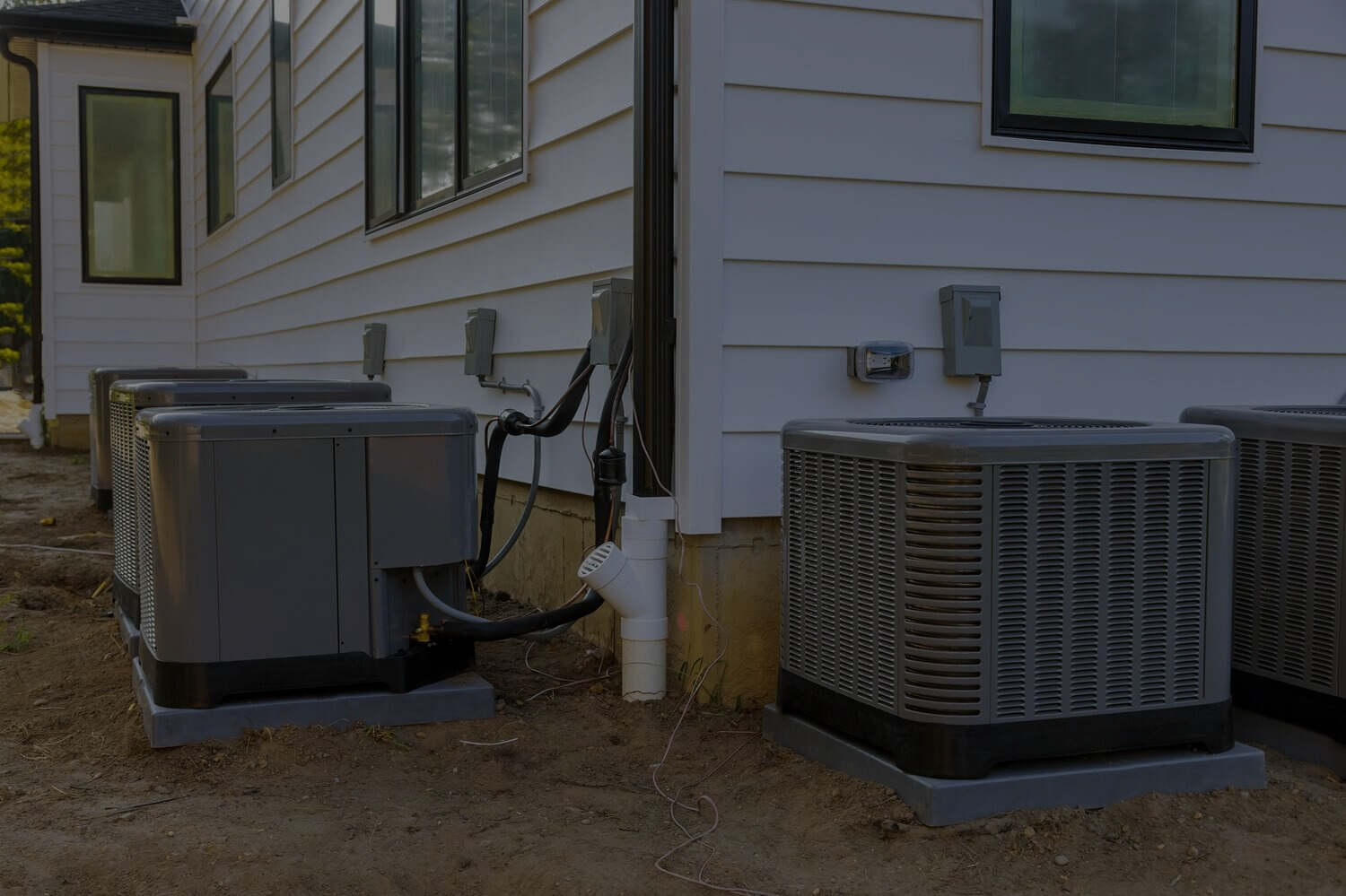
-
South Shore Mechanical
-
Boiler Heating System
-
0 Comments
-
May 2, 2024
Choosing the Right Boiler System for Your Heating Needs
Different Types of Boiler Systems for Homes and Commercial Properties
Boilers are an indispensable component in both home and commercial settings, providing heat as well as hot water on demand. Being aware of all of the different types of boiler heating systems available can help homeowners and property owners make educated choices when selecting their ideal unit; this article will examine various boiler types that exist for both household use and industrial operations to provide a full picture.

Basics Of Boiler Systems
Boilers are closed vessels used to heat water or other fluids. Once heated, this fluid can be used for various processes and heating applications such as water heating, central heating, producing power from boiler-based power production units, cooking food, or sanitation purposes. Boilers are generally classified based on their heat source, type of heat exchange used, and fuel utilized.
Types of Residential Boilers
Selecting the ideal boiler can have a dramatic impact on both comfort and energy efficiency in homes. Here are the different types of boilers for residential use:
Combi Boilers
Combination or combi boilers, commonly referred to as combis, are among the most sought-after household boilers due to their small size and efficiency. These devices provide heat and hot water directly from their pipes without the need for an independent tank or cylinder, perfect for small spaces! Combis are also well known for providing continuous hot water on demand.
System Boilers
System boilers utilize a cylinder to store hot water, but unlike conventional installations, all components are housed within the boiler itself for easier setup and upkeep. These boilers are an ideal choice for households with more than one bathrooms as they can provide hot water to multiple taps simultaneously.
Conventional Boilers
Conventional boilers (or traditional boilers) are typically employed in older homes with an existing heating system and an independent hot water cylinder. To function effectively, these traditional boilers require both a cold water storage tank in the loft to supply their hot water cylinder, as well as another to maintain adequate levels in their central heating system.
Types of Commercial Boilers
Commercial boilers are designed specifically for large businesses and differ significantly from residential models in terms of size, capacity, and design. Here are different types of industrial boilers often used in commercial buildings:
Fire Tube Boilers
Fire tube boilers were among the earliest varieties of boilers, using hot gasses that flowed through tubes surrounded by water to heat. Due to their limited capacity and easier design and maintenance needs, fire tube boilers are often used in low-pressure applications.
Water Tube Boilers
Water tube boilers work by moving water through tubes heated by fire to be heated outside and distributed as steam. These high-powered units can withstand greater pressures, often being utilized by large commercial and industrial establishments for high-power applications that generate steam efficiently.
Electric Boilers
Electric boilers use electric power to heat water, making them an attractive option for homes without access to natural gas. Furthermore, their use results in little energy waste as these are gas-fuel-based systems.
Biomass Boilers
Biomass boilers produce heat from organic resources such as wood pellets, chips or logs – providing more eco-friendly heat for homes while simultaneously reducing carbon emissions. They’re an environmentally-friendly choice that may drastically decrease carbon emissions from heating your home!
Factors to Consider When Choosing a Boiler
Choosing the correct boiler requires considering numerous factors:
Size and Capacity: The boiler size should be appropriate for the property’s heating and hot water needs.
Energy Efficiency: High-efficiency boilers may minimize running expenses and environmental effects.
Fuel Type: The availability as well as cost of fuel are critical, particularly in locations lacking natural gas.
Space Constraints: Some boilers, like combi boilers, are better suited for small areas.
Budget: Initial installation and subsequent running expenses might vary greatly amongst boiler types.
Summing Up Boiler Varieties
Knowing the different types of boiler systems available to both residential and commercial properties is vital in making an ideal decision that meets the specific requirements of an environment. Options range from tiny combi boilers for homes to sturdy industrial boilers suitable for large institutions. Choosing the ideal kind is determined by a number of criteria, including property size, building type, fuel availability, as well as financial concerns. With the appropriate choice, one may get effective heating performance and long-term dependability.
South Shore Mechanical specializes in offering customized boiler solutions for both residential as well as commercial properties. Whether you need a tiny combi boiler for your comfortable family home or a powerful water tube boiler for a huge industrial site, our team of qualified specialists is available to help you with the selection as well as the installation procedure.
We provide full services, including monthly maintenance and round-the-clock emergency assistance, to guarantee that your system runs at top performance. South Shore Mechanical’s wide boiler services provide skilled solutions as well as peace of mind. Contact us today at 508-631-9609 to choose the best from different types of boilers!

